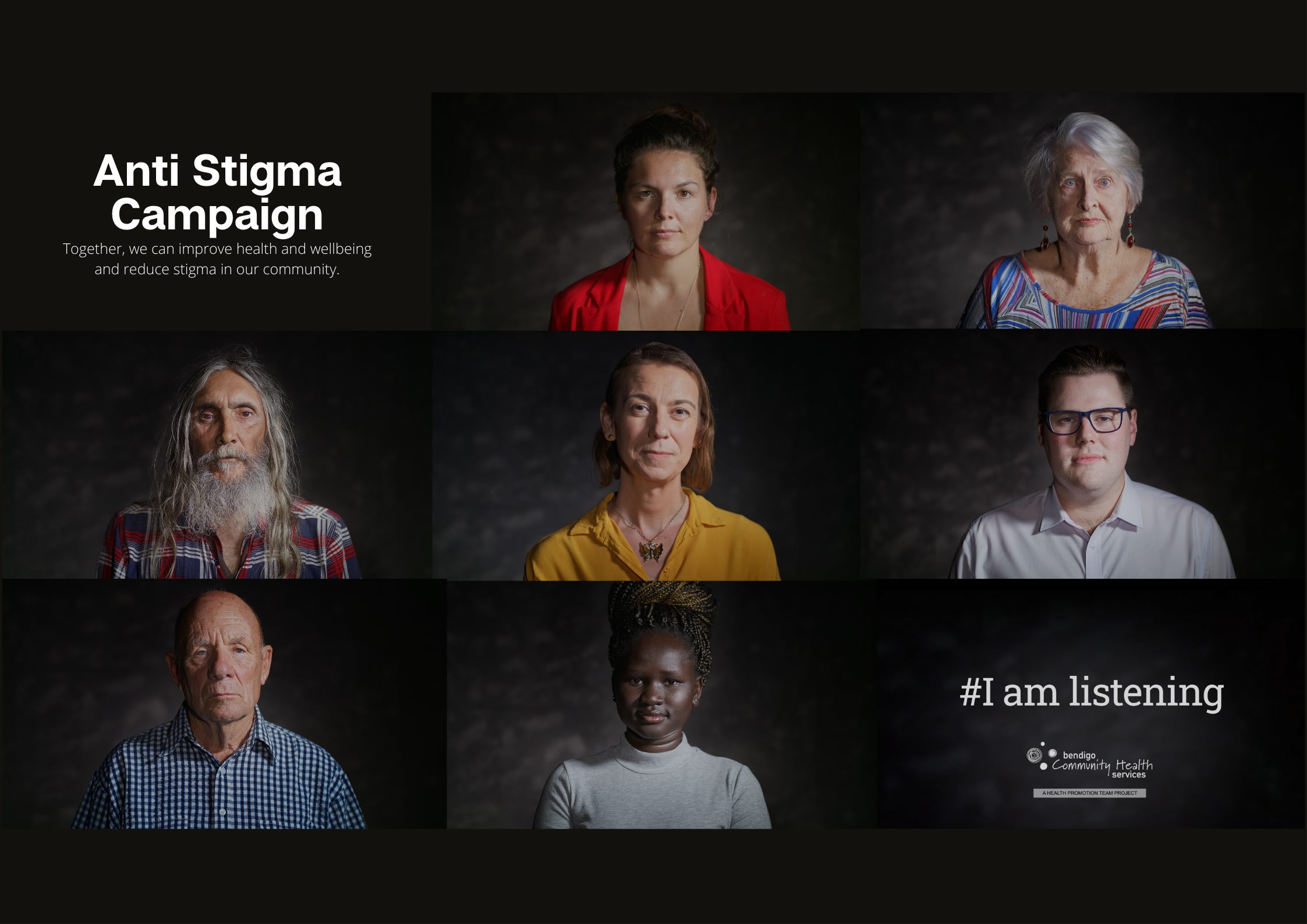“We’re re-visiting the conversation we started with our first Anti Stigma Campaign back in 2021, which amplified the voices of people of diverse backgrounds, and resulted in a powerful video.
“We’re building on that storytelling by inviting others to share their experiences of stigma, via an anonymous survey.
“The results of our survey will inform how we then work to reduce stigma within our community.”
Sebastian said Sane Australia described stigma as assigning certain beliefs, values and judgements at a certain group of people based on assumptions involving a range of myths, prejudices and stereotypes.
“Stigma happens when social norms endorse negative stereotypes and prejudices, resulting in discrimination against people due to their race, gender, sexual orientation, occupation, social economic status, health condition or disability among others,” he said.
The impacts of stigma are serious and include discrimination, reduced life opportunities and increased social inequalities resulting in:
- Social isolation.
- Poorer quality housing.
- Reduced employment and education opportunities.
- Poorer mental wellbeing.
- Difficulty asking for help.
“Everyone has a role to play when it comes to changing this story and creating a healthy community,” Sebastian said.
“Through our campaign we encourage people in Bendigo and beyond to help break down the barriers of stigma.”
The three types of stigma are:
- Social Stigma – devaluing of an individual or group based on certain characteristics as less than others.
(Corrigan, 1998; Link & Phelan, 2001, 2006; Hatzenbuehler, Phelan, & Link, 2013) - Self-Stigma – When a person internalises public stigma and discrimination.
- (Corrigan, 1998; Link & Phelan, 2001, 2006; Hatzenbuehler, Phelan, & Link, 2013)
- Structural Stigma – societal-level conditions and norms that negatively impact stigmatised individuals or groups. These can be enacted in public policy (national and local laws and policies), reduce public funding allocations to certain programs and services, and result in lower wages being paid for certain occupations.
(Stang & al, 2019)(Heijnders M, 2006; 11 (3): 353-63).
What can you do?
- If you hear negative stereotypes or misinformation, speak up and set the record straight.
- Treat all people with respect and dignity. Don’t judge, label or discriminate.
- Be mindful of the words you use and avoid using insensitive and hurtful words.
- If you feel comfortable, tell your story. You can choose what and how much you reveal, but the more people who know someone experiencing stigma, the greater chance of reducing the stigma.
(Victoria State Government, 2020; Healthdirect 2021)
Extra resources
Help raise awareness of the impact of stigma by viewing and sharing our video.
<iframe src=”https://player.vimeo.com/video/650126078?h=da536866d2&autoplay=1″ width=”640″ height=”360″ frameborder=”0″ allow=”autoplay; fullscreen; picture-in-picture” allowfullscreen>
If you suffer from stigma or know someone who does, help is available from:
- mental health professionals, such as psychologists, counsellors or psychiatrists.
- local community health centres.
- local community mental health centres.
Learn more about how to deal with stigma via the SANE Australia website. You can report stigma by filling out an online report form or calling SANE StigmaWatch on (03) 9682 5933.
Mental Health Australia’s Embrace Project offers resources and support for mental health services for consumers and carers from culturally and linguistically diverse backgrounds.
For immediate counselling assistance, contact Lifeline on 13 11 14.
Find more resources for mental wellbeing on the Black Dog Institute website.
See what others are doing to open conversations around stigma on the Lets Talk Australia website.
If you’re aged 12 to 25, visit Headspace’s website or call the Bendigo site on 03 5406 2400.
